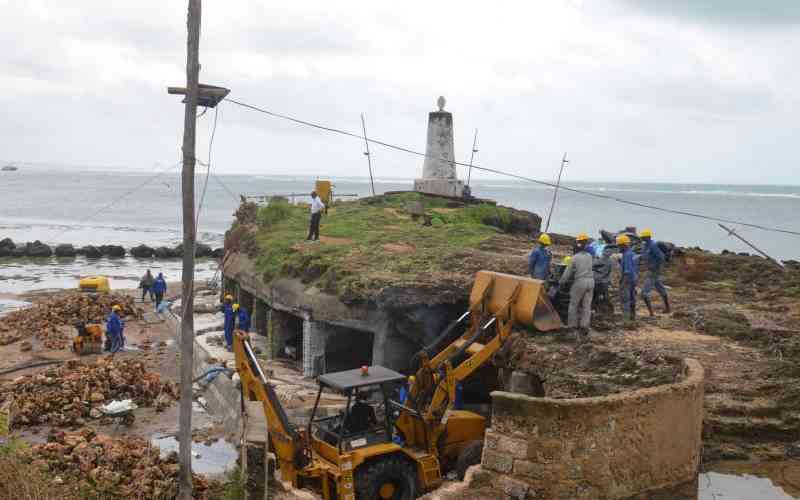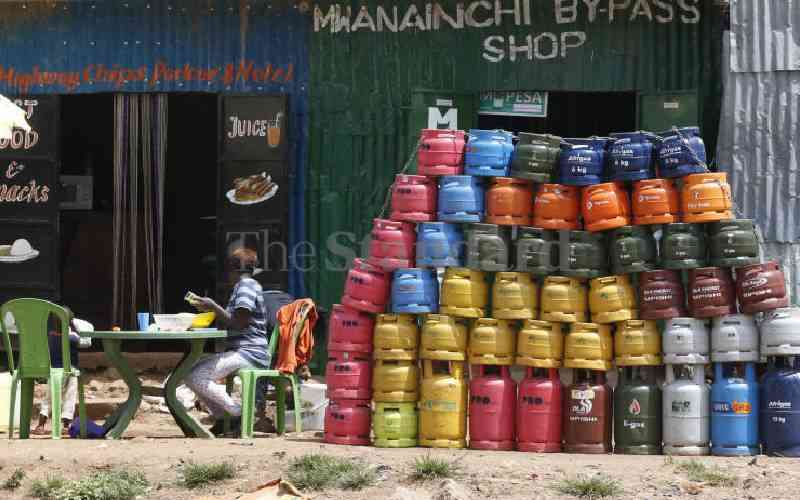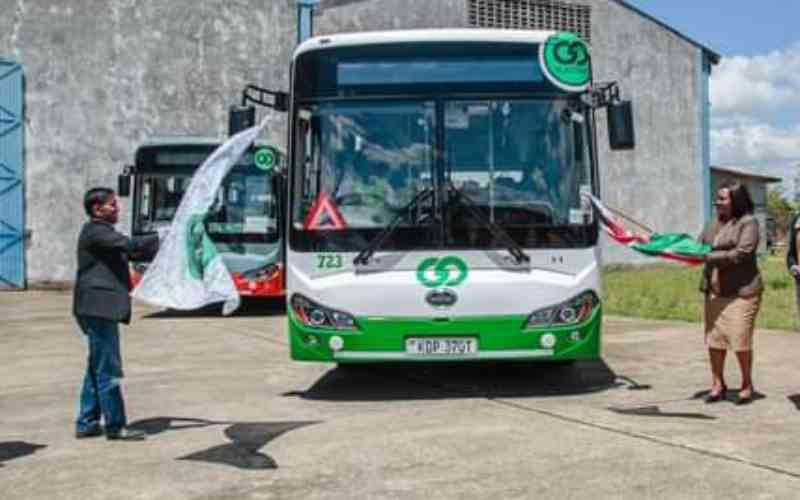 |
South Africa’s defender BonganiKhumalo (L) vies with Mali’s forward Mahamadou
Samassa during the African Cup of Nation 2013 quarter final football match South-Africa
vs Mali, on February 2, in Durban. [PHOTO: AFP] |
By Chris Musumba
As the prestigious 2013 Africa Cup of Nations (Afcon) soccer tournament enters homestretch today, the South African Tourism Authority says it is happy with the number of visitors the country had received.
South African Tourism Regional Director for Africa, Middle East and Domestic Phumi Dhlomo said the country’s tourism authority was very excited at the numbers of African fans who have travelled to South Africa for the tournament’s opening stages.
“We have for the last few months been inviting African football fans to South Africa for the trip of a lifetime to enjoy watching our biggest superstars in action. We targeted over 150,000 football fans from regional Africa to come and experience our country for the tournament and the arrivals numbers look impressive,” said Dhlomo. Hosting the Afcon comes as a big boost to South African Tourism in its efforts to increase tourist numbers visiting South Africa from the continent.
Tourist arrivals
“Regional Africa contributed 73 per cent of our total tourist volume and over R50-billion in revenue in 2011, so Afcon 2013 is an important opportunity for us at SA Tourism,” said Dhlomo.
“We expect Afcon fans to contribute about $154 million to the economy when the tournament is over. The Afcon championship will also provide a boost for our hospitality industry and create more jobs for South Africans in tourism and hospitality.”
The 2012 tourism figures shows Africa was one of the strongest performing regions with tourist arrivals growing by 8.5 per cent in the first seven months of last year.
“Africa is a long-term and sustainable source of tourist arrivals for us. We value our African tourists highly, and work hard to maintain and grow our share of the continental outbound market.
Marketing work includes research to make sure we understand the particular needs of tourists from the different markets and make sure, too, in our marketing work, that we deliver against their expectations and desires of a holiday in South Africa,” said Dhlomo.
South Africa has invested $53.5 million to host Afcon 2013, supported by the fact that the country built stadiums for the Fifa 2010 World Cup. Of the $53.3 million, $37 million went to South African national departments to cover costs associated with hosting including security, protocol and migration services.
A further $2 million is used by the provinces and another $14 million by the five including Johannesburg, Port Elizabeth, Durban, Rustenburg and Mbombela, host cities to cover various hosting costs.
To popularise the tournament, South African tourism has been running marketing campaigns for each of its key African markets in Kenya, Angola, the DRC, and Nigeria.
“The ‘This is Our Beat. What’s Yours?’ campaign is closely tied to the destination South Africa brand campaign, but addresses the unique consumer insights of each of the key markets because we know at South African Tourism that when it comes to destination marketing, you can’t use a one-size-fits-all approach. Kenyan holiday-makers, for example, want a different experience from a holiday destination than Angolan, Nigerian and Congolese tourists want... and that German, Australian and Chinese tourists want, for that matter,” he said.
“For us in destination marketing, the AFCON championship offers us a wonderful opportunity to up the volume on our brand marketing campaigns in Africa. But at the end of the day, the AFCON marketing campaign sells our destination to Africa tourists... it’s an extension of the work we would normally do to attract as many people to South Africa as possible.”
The AFCON football tournament kicked off on January 19th and will run until the closing ceremony on February 10.
 The Standard Group Plc is a multi-media organization with investments in media
platforms spanning newspaper print operations, television, radio broadcasting,
digital and online services. The Standard Group is recognized as a leading
multi-media house in Kenya with a key influence in matters of national and
international interest.
The Standard Group Plc is a multi-media organization with investments in media
platforms spanning newspaper print operations, television, radio broadcasting,
digital and online services. The Standard Group is recognized as a leading
multi-media house in Kenya with a key influence in matters of national and
international interest.
 The Standard Group Plc is a multi-media organization with investments in media
platforms spanning newspaper print operations, television, radio broadcasting,
digital and online services. The Standard Group is recognized as a leading
multi-media house in Kenya with a key influence in matters of national and
international interest.
The Standard Group Plc is a multi-media organization with investments in media
platforms spanning newspaper print operations, television, radio broadcasting,
digital and online services. The Standard Group is recognized as a leading
multi-media house in Kenya with a key influence in matters of national and
international interest.










